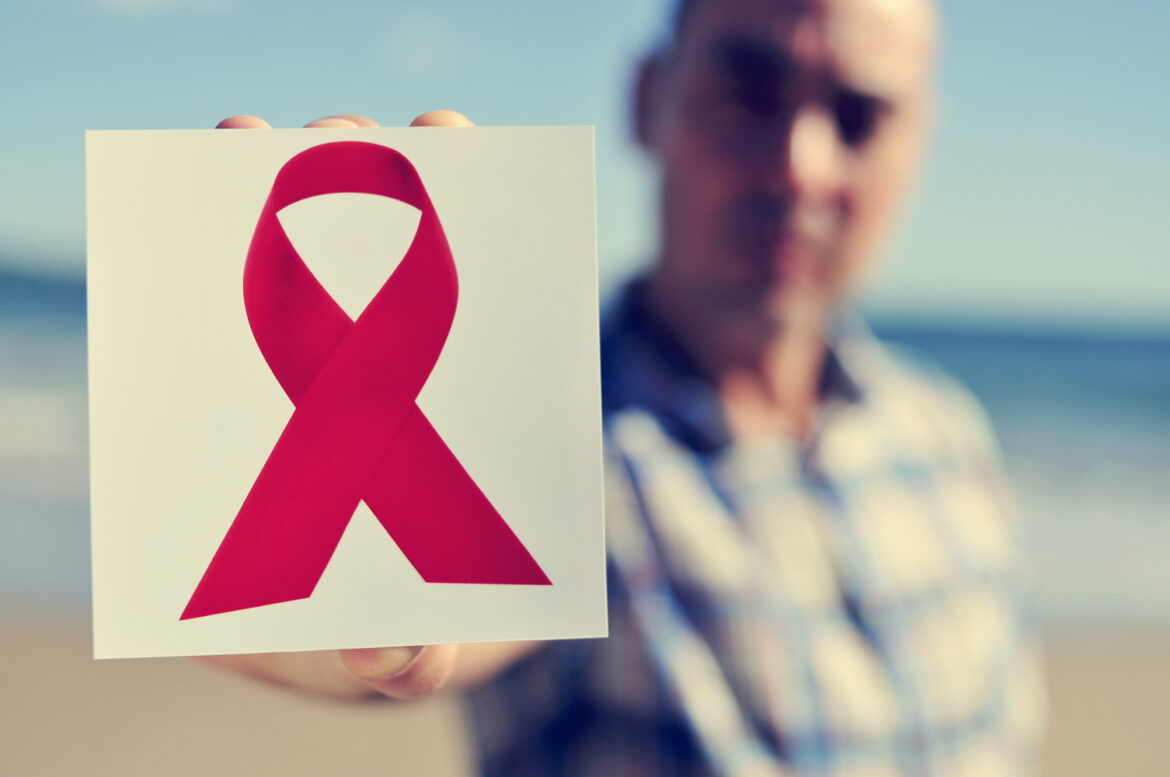The HIV virus attacks the body’s immune system. Left without treatment, HIV can lead to AIDS. But today’s treatments help lower the amount of virus in the blood so that the HIV-positive can live healthier lives.
It is a commonly transmitted disease, either through sexual contact or use of shared needles, syringes, or other materials that are used for injecting drugs. There isn’t a cure for HIV, but medications can help keep the infection from worsening.
AIDS, acquired immunodeficiency syndrome, is the most advanced stage of HIV and refers to the set of symptoms that a person develops when the immune system is too weak to fight off infection.
If not treated, HIV slowly destroys the immune system.
Signs And Symptoms
HIV symptoms aren’t a reliable indicator of infection, with some people feeling sick within the first four weeks of infection, while some others may show no symptoms for over 10 years. The early signs of HIV are like any other infection, so the only way of knowing whether you have it is to get tested.
Early symptoms may last a few days to a few weeks and can include:
- Fever
- Chills
- Sore throat
- Mouth ulcers
- Headache
- Rash
- Night sweats
- Fatigue
- Muscle aches
- Diarrhea
- Swollen lymph nodes
Without any treatment, HIV eventually ruins the immune system to a point that people living with this infection are prone to all sorts of serious illnesses. Late-stage symptoms may include:
- Rapid weight loss
- Recurring fever
- Extreme fatigue
- Persistent cough
- Mouth, anus, or genital sores
- Swollen lymph glands
- Memory loss, depression,
- Chronic diarrhea
- Blotchy skin
- Pneumonia
- Night sweats
You can avoid getting HIV and reduce the chances of infecting other people by taking advantage of many prevention strategies. Before having sex, get to know your partner’s HIV status or get tested for HIV and other sexually transmitted diseases (STDs), and receive treatment if necessary. Remembering to use condoms correctly every time you have any kind of sex is important. Condoms can provide a barrier that can protect you or your partner from HIV.
Even if you don’t feel sick, talk to your doctor if you think you’ve been exposed to HIV, whether it’s through unprotected sex, a condom breaking, needle or equipment sharing for injecting drugs or, in health care settings, an accidental needlestick injury. They may also conduct a baseline physical evaluation. Care may require visits with a range of healthcare providers like dentists, counselors, and other medical specialists.

